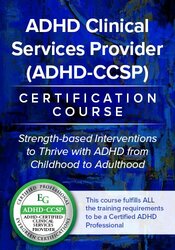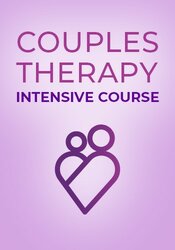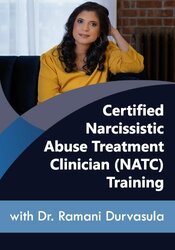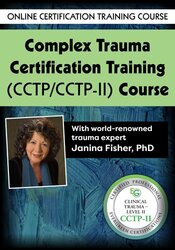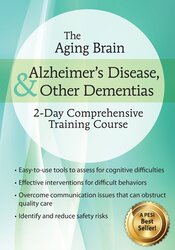With PESI's self-study materials, you can learn at your own speed and from any location.


-
SpecialOnline CourseBehavioural, medication and relationship interventions to help your clients thrive with ADHD from childhood to adulthood£299.99£1,438.68Behavioural, medication and relationship interventions to help your clients thrive with ADHD from childhood to adulthood18 Dec, 2023Behavioural, medication and relationship interventions to help your clients thrive with ADHD from childhood to adulthood£299.99£1,438.68 value
-
Online CourseExplore modern love complexities with clinical experts. Gain practical insights for therapy. Elevate your practice. Join us!£199.99£655.18 valueOnline CourseExplore modern love complexities with clinical experts. Gain practical insights for therapy. Elevate your practice. Join us!£199.99£655.18 valueExplore modern love complexities with clinical experts. Gain practical insights for therapy. Elevate your practice. Join us!Online CourseBecome a Certified Narcissistic Abuse Clinician! Join Dr. Ramani Durvasula, the world's most highly recognized narcissism expert, in this comprehensive training.£299.99£896.98 valueOnline CourseBecome a Certified Narcissistic Abuse Clinician! Join Dr. Ramani Durvasula, the world's most highly recognized narcissism expert, in this comprehensive training.£299.99£896.98 valueBecome a Certified Narcissistic Abuse Clinician! Join Dr. Ramani Durvasula, the world's most highly recognized narcissism expert, in this comprehensive training.Online CourseComplex Trauma Certification Training Level 1 & 2 (CCTP/CCTP-II) Course with Janina Fisher£389.99£1,380.56 valueOnline CourseComplex Trauma Certification Training Level 1 & 2 (CCTP/CCTP-II) Course with Janina Fisher£389.99£1,380.56 valueComplex Trauma Certification Training Level 1 & 2 (CCTP/CCTP-II) Course with Janina Fisher
-
-
Staff Training
-
-
Innovations in Psychotherapy 2024
Here's your once-in-a-lifetime opportunity to master skills and access cutting-edge insight directly from the world's premier trauma experts
Featuring top psychotherapy experts....
Nadine Burke-Harris
Bessel van der Kolk, MD
Sue Johnson, EdD
Steven Hayes, PhD
Gabor Maté, MD, CM
Janina Fisher, PhD
Resmaa Menakem, MSW, LICSW, SEP
×
